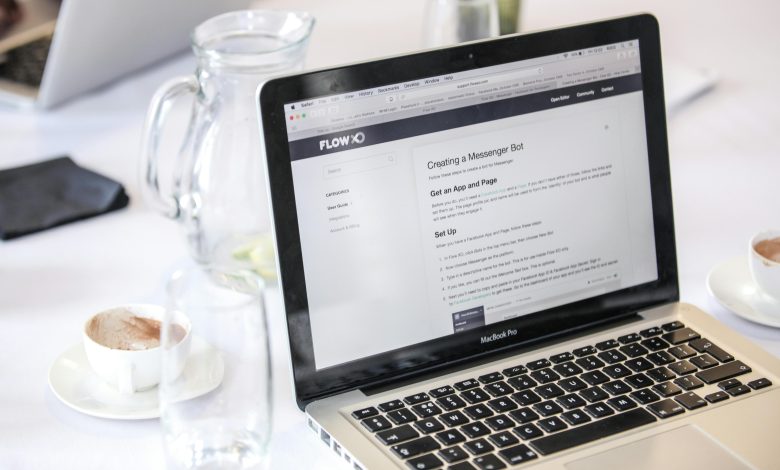
How to Set Up a PMA (Penanaman Modal Asing) in Indonesia: A Step-by-Step Guide
Indonesia, with its growing economy and vast market potential, is a prime destination for foreign investors. If you’re planning to invest in Indonesia, setting up a PMA (Penanaman Modal Asing or Foreign Investment Company) is the legal route. Here’s a comprehensive guide to help you navigate the process.
What is a PMA?
A PMA is a business entity in Indonesia that allows foreign investors to conduct business activities and earn profits in the country. This structure ensures compliance with Indonesian regulations and provides investors with legal protection.
Step 1: Understand the Legal Requirements
Before diving in, familiarize yourself with Indonesian investment laws. The Investment Law No. 25 of 2007 governs foreign investment in Indonesia. Key points to note include:
- Negative Investment List: Some sectors are restricted or require local partnerships. Review the most recent Positive Investment List, introduced to replace the Negative Investment List, which outlines sectors open to foreign ownership.
- Minimum Capital Requirements: Foreign-owned companies typically require a minimum investment of IDR 10 billion (~USD 700,000), including paid-up capital of at least IDR 2.5 billion (~USD 175,000).
- Ownership Restrictions: Depending on the sector, you may need an Indonesian partner to meet ownership requirements.
Step 2: Prepare the Required Documents
Gather the following documents for the PMA registration process:
- Passport copies of all foreign shareholders.
- Company name (ensure it adheres to Indonesian naming conventions).
- Business plan outlining the intended activities.
- Office lease agreement for your business location.
- Power of attorney if you’re appointing a local representative to handle registration.
Step 3: Establish Your PMA
- Reserve a Company Name
Choose a unique name for your PMA through Indonesia’s Ministry of Law and Human Rights. The name must consist of three words and not conflict with existing companies. - Submit Application to BKPM
The Investment Coordinating Board (BKPM) oversees foreign investment approvals. Submit your application, including your business plan and other required documents. BKPM will issue an Investment Registration Certificate (NIB), which serves as your business license. - Establish Legal Entity
Draft and sign your company’s Articles of Association (AOA) with the help of a notary. Once the AOA is notarized, register your PMA with the Ministry of Law and Human Rights to obtain legal entity status. - Tax Registration
Obtain a Taxpayer Identification Number (NPWP) and register your company with the local tax office. - Obtain Specific Licenses
Depending on your business activity, you may need sector-specific licenses. For instance, manufacturing companies may require an industrial license, while retail businesses need a trade license.
Step 4: Open a Corporate Bank Account
Open a bank account in Indonesia to facilitate your company’s operations. Most banks require:
- Company registration documents.
- NIB and NPWP.
- Articles of Association.
- Identification of the company’s directors and shareholders.
Step 5: Hire Employees and Secure Visas
- Hiring Local Employees: PMAs are required to prioritize local hires, except for specialized roles.
- Visas for Foreign Employees: Apply for work permits (KITAS) for foreign directors, commissioners, or specialized staff.
Step 6: Start Operations
Once all the paperwork is in place, you’re ready to launch your business in Indonesia. Ensure ongoing compliance with local laws, including regular tax filings and employee reporting.
Tips for a Smooth PMA Setup
- Engage a Local Consultant: The process can be complex, especially for those unfamiliar with Indonesian laws. A local consultant can help streamline the process.
- Stay Updated on Regulations: Investment rules can change. Keep an eye on updates from BKPM or consult legal experts.
- Focus on Compliance: Indonesian authorities are strict about compliance, so ensure your PMA adheres to all legal requirements.



